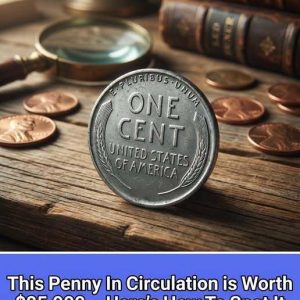David Caruso’s career offers a compelling portrait of an actor who carved out a lasting place in television through resilience, reinvention, and a distinctive screen presence. Born in January 1956 in Queens, New York, Caruso didn’t have formal acting training; early on, he even earned money by appearing in police lineups as an extra. Throughout the 1980s, he built experience via small but meaningful roles: films like An Officer and a Gentleman (1982), First Blood (1982), Twins (1988), and others. Although these parts were not leading roles, they showcased his seriousness and presence, laying a foundation for his future breakthroughs.
Caruso’s big break arrived in 1993 when he was cast as Detective John Kelly on the groundbreaking police drama NYPD Blue. His portrayal — gritty, emotionally nuanced, and quietly intense — earned him a Golden Globe and widespread recognition. Yet despite the show’s success, Caruso made a dramatic exit: after demanding a raise (reportedly from $80,000 to $100,000 per episode), he left early in the second season when negotiations failed. Many saw the move as risky, but it also underscored Caruso’s ambition and desire for creative control.
After leaving NYPD Blue, Caruso turned to film, hoping to establish himself on the big screen. But his movie career proved difficult. He starred in films like Jade (1995) and Kiss of Death, which underperformed and received mixed critical reception. He later appeared in Proof of Life (2000) and the psychological horror Session 9 (2001), showing range but not achieving the commercial success he had hoped for. This stretch of his career tested his resolve, yet Caruso remained stubbornly committed, even in the face of uncertainty.
Caruso’s next major turning point came in 2002, when he returned to television as Lieutenant Horatio Caine in CSI: Miami, a CSI spin-off. The role suited him perfectly: Caruso brought a commanding authority, slender gravitas, and an almost ritualistic flair (especially his iconic one-liners and the way he put on his sunglasses). The show quickly became a global hit, and Caruso remained its heart, appearing in all 232 episodes over ten seasons until its cancellation in 2012.
His work on CSI: Miami marked not just a comeback but a reinvention. Caruso had transformed from the actor who once walked away from TV into one of its most recognizable crime‑drama leads. The role of Horatio Caine made him a cultural icon and cemented his legacy. His strong performance and the show’s success disproved critics who doubted his post‑NYPD Blue viability. In many ways, he redefined what longevity could look like for a television actor — not as someone who faded out, but as someone who returned stronger.
After CSI: Miami ended, Caruso stepped away from acting. He shifted his focus to other interests, including art — he ran a gallery in California — and maintained a lower-profile life. Though he no longer appears on screens, his impact endures. His legacy lives in the memorable characters he brought to life — the emotionally complex detective, the cool, calculating lab lieutenant — and in the way he embodied perseverance, risk-taking, and reinvention across a career full of highs and setbacks.




